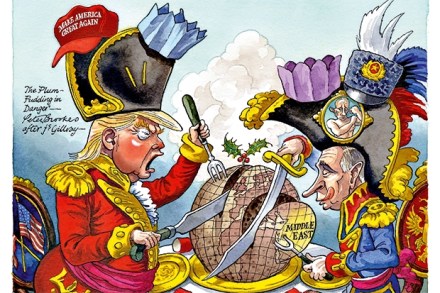Banning shops from opening on Boxing Day is a terrible idea
Britain was once a nation of shopkeepers. But one wonders for how much longer. As if the combination of Amazon, councils’ parking charges and above-inflation business rate rises wasn’t bad enough, we now have a petition. Of course, we do. The petitions wants all large shops to be shut on Boxing Day, as they are on Christmas Day. It argues that the people who work in shops toil very hard in the run up to Christmas. This is true. It then argues, ‘retail workers [should] be given some decent family time to relax and enjoy the festivities like everyone else’. Why? Why should the government legislate to ensure we can all relax? Because this is an ‘Up The



















